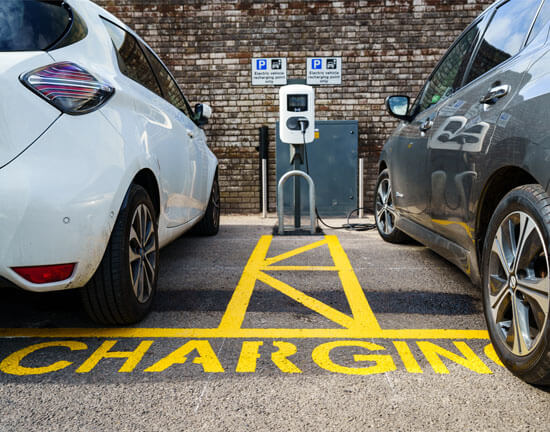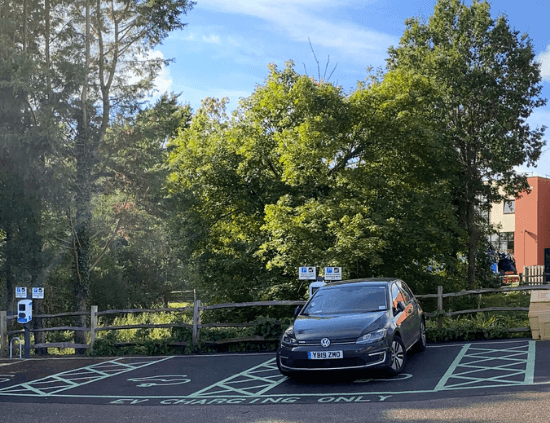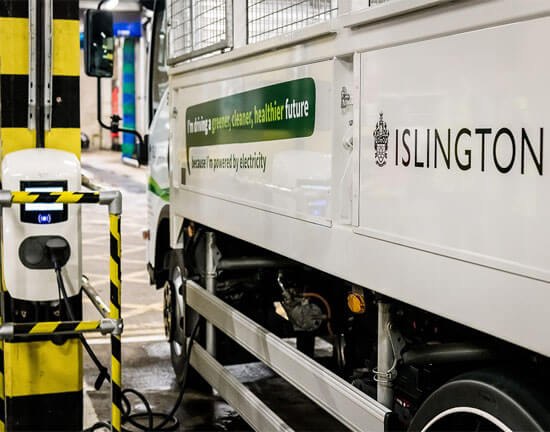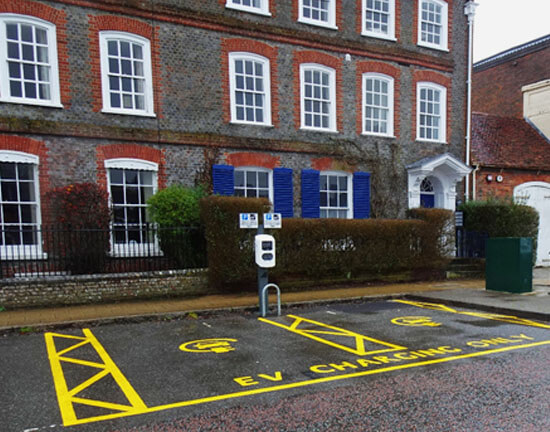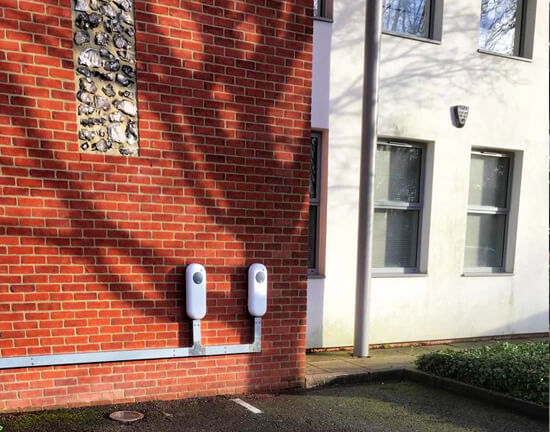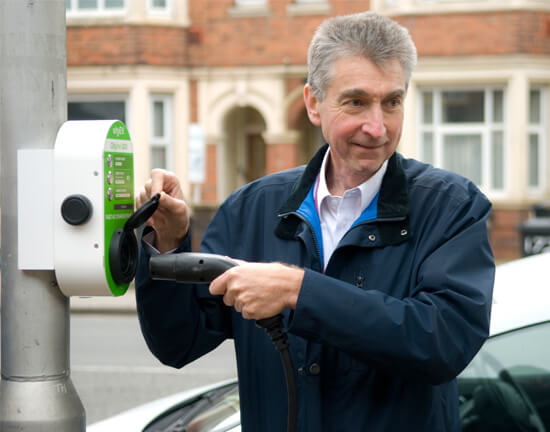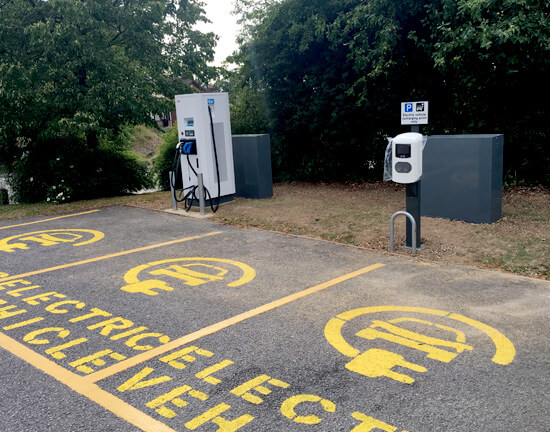Dorset Council’s greener travel at zero capital cost
In 2019, Dorset Council was looking to replace a handful of pre-existing rapid chargers and began an open conversation with us about what we could do to offer residents and businesses a cleaner, greener way to travel in Dorset.
The local authority wanted to take steps towards their ambition to become a carbon-neutral Council by 2040 at the latest, with the whole of the county being carbon neutral by 2050. They were also keen to accelerate several actions in their Climate and Ecological Emergency Strategy Action Plan and as part of this, we discussed more widespread electric vehicle charge points in public car parks, supporting the transition to electric vehicles.
Since then, their ambitions have rocketed and we have supported them every charge of the way!
Making it feasible
We have several funding approaches we offer, tailored to local authority requirements.
One of those is a fully funded installation and management solution for electric vehicle charge points in public sites, with our funding partners Mer. It’s a great way for local authorities to roll out EV charging infrastructure at zero capital cost and in this case, the first step for us was to carry out a large feasibility study across 115 public car park sites and several Council offices in Dorset.
During the process, full pricing and site designs were put together and we agreed, with Dorset Council, which sites to take forward.
Working together to go electric
After several months of planning, conversation and collaboration, we began installing ‘phase one’ of this landmark project, which covers 17 public car parks across the county including Blandford Forum, Dorchester, Gillingham, Lyme Regis, Shaftesbury, Sherborne, Verwood, West Bay, Weymouth and Wimborne Minster.
The fast (22kW) charge points installed are supplied with 100% renewable energy and mean that drivers can charge their electric vehicles while visiting the county’s towns. A quick top-up (a charge of 15 minutes) enables a journey of about 15 miles, or a full charge will take 2-4 hours, depending on the vehicle. All charge points can be accessed through the Mer charging portal and app.
It’s been great working in partnership with the Dorset Council team to make this happen and as they say,
“Working with Joju is a pleasure. Their can-do attitude to problem-solving is refreshing and undoubtedly part of the reason why Dorset’s electric vehicle charging infrastructure programme has been such a success. They have a real understanding of how local authorities work and have demonstrated a genuine willingness to accommodate Dorset’s charging infrastructure needs, for the benefit of both residents and visitors”.
Cllr Ray Bryan, Dorset Council’s Portfolio Holder for Highways, Travel and Environment, also commented:
“Dorset has an important role to play in helping to tackle the climate and ecological emergency. The government plans to phase out sales of new petrol and diesel vehicles by 2030, so it is important drivers are offered more sustainable travel options now.
We are grateful to Joju Charging and their partners for funding both the installation and management of this scheme and for their enthusiasm and hard work in getting us to this stage.”
More rapids, ultras and fasts
We’re excited to currently be rolling out Phase 2 of this project. It covers the install of electric vehicle charge points in approximately another 21 sites around the county and includes new rapid chargers, ultra fast rapids, and more fast chargers too.
Christopher Whitehouse, Transport Project Officer, Economic Growth and Infrastructure, Dorset Council commented:
Dorset Council is now in its fourth year of successfully working with Joju on the delivery of EV Charging Infrastructure, which has helped place the county in the top 20% of local authority areas for charge point availability. Dedication, focus on quality and value, a flexible approach to delivery and excellent customer service has made Joju an easy choice to be Dorset’s installer of choice”.
The feedback is fantastic to hear.
Future installs in Dorset
Dorset Council has also recently been awarded funding through the government’s LEVI (Local Electric Vehicle Infrastructure) fund, and it is great to also hear that residents and visitors to Dorset are demanding more charge points.
Here’s to the further roll-out of electric vehicle charging infrastructure to help Dorset move to a low-carbon future, and to make travelling in the county cleaner and greener.
Find Out More
- Talk to us about LEVI funding
- Learn more about our funding package for council charge points
- We undertake all aspects from feasibility right through to installation
- We’ve got loads more information on our EV Charging page; from facts and figures to advice on going electric.



